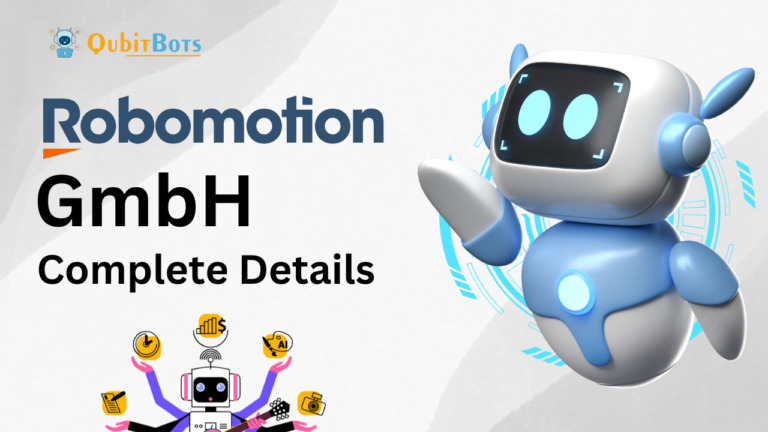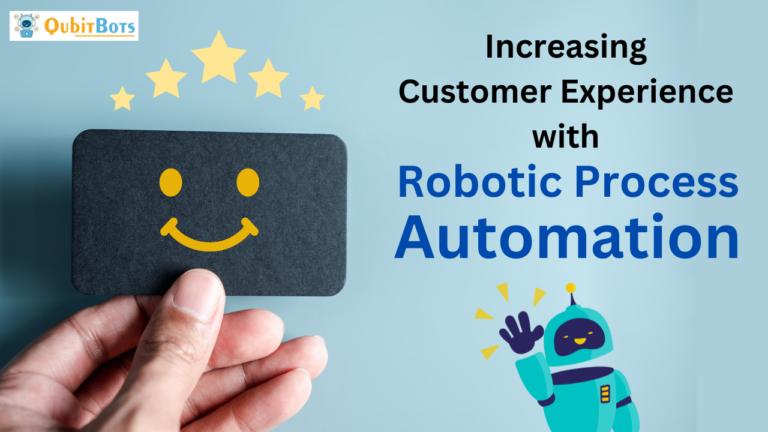Why Is RPA Growing Software in The World?
Robotic Process Automation (RPA): Driving Business Efficiency in 2024
Robotic Process Automation (RPA) systems have become essential tools for businesses, helping to automate repetitive, software-based tasks with ease. According to Gartner, a leading research and advisory firm in the IT industry, the RPA market reached $2 billion in revenue in 2021 and continues to grow rapidly, with double-digit growth rates expected through 2024. But what exactly is fueling this rapid expansion of RPA?

Seamless Integration with Legacy Systems
Many industries, including banking, insurance, healthcare, education, and public institutions, rely heavily on legacy infrastructure. Transitioning to new technologies can be a daunting task for these organizations. Robotic Process Automation has gained popularity because it allows companies to automate legacy processes without the need to completely overhaul or replace existing systems. This ability to integrate seamlessly with legacy systems is one of RPA’s most significant advantages, enabling large enterprises to accelerate their digital transformation efforts efficiently.
Incorporation of Cutting-Edge Technologies
As businesses evolve, their processes become increasingly complex, requiring more advanced technology. RPA software stays at the forefront by incorporating the latest technological advancements to automate tasks more effectively. For example, businesses generate vast amounts of data during their operations. Extracting meaningful insights from this data is critical. RPA solutions now include features such as data scraping, advanced data analysis, and machine learning, making them highly desirable for enterprises. This capability to integrate new technologies has positioned Robotic Process Automation (RPA) as one of the fastest-growing segments in the enterprise software industry.
Also Read – What is RPA Software?

Scalability to Meet Business Needs
Business needs are constantly changing—new tasks emerge, and some processes become obsolete over time. Robotic Process Automation technology is favored by businesses because of its remarkable scalability. These systems can be easily adjusted to accommodate new processes or remove outdated ones without requiring significant changes. Scalable Robotic Process Automation solutions allow businesses to effortlessly add, modify, or remove tasks as needed, ensuring continuity and preventing disruptions in operations. This flexibility is a key reason why RPA continues to be a critical component in modern business strategies.







